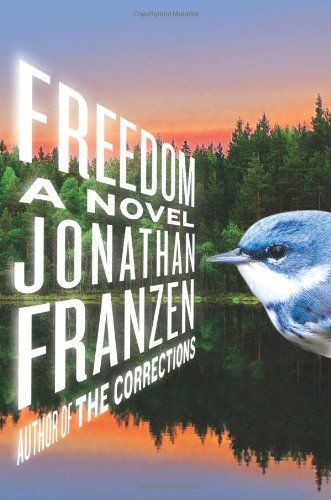Reviews
John Nettles@jnettl2
edith w.@edithm
Phillip Santiago@philthepill
Kaitlin Caruso@kdaycaruso
Trever@kewlpinguino
Denise La Greca@dunecka
Melody Izard@mizard
Daryl Houston@dllh
Rob@seeminglyrob
Sarah Erle@serle
Holly Alice Jess Middleton-Spencer@ilexhypatia
Iris@officialiris
Ryan Mateyk@the_rybrary
Mat Connor@mconnor
Colton Ray@coltonmray
Eve@vitah89
Martha F.@marthaq
Allison Dempsey@alliedempsey
Marie@mariekiks
Yasmin@yasamarante
Andréa Mellalieu@dremellalieu
Will Vunderink@willvunderink
K K@kristinak2509
Maurice FitzGerald@soraxtm
